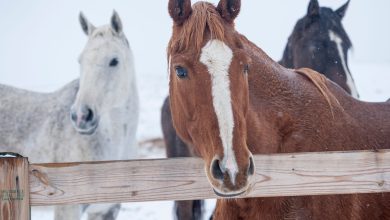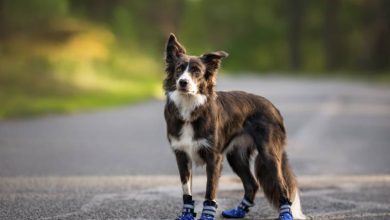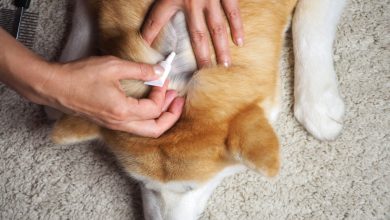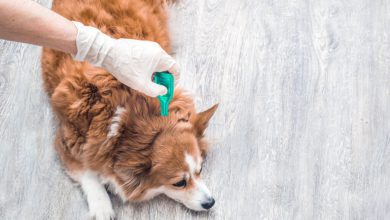Why Does My Dog Drool in the Car? 4 Reasons for This Behavior
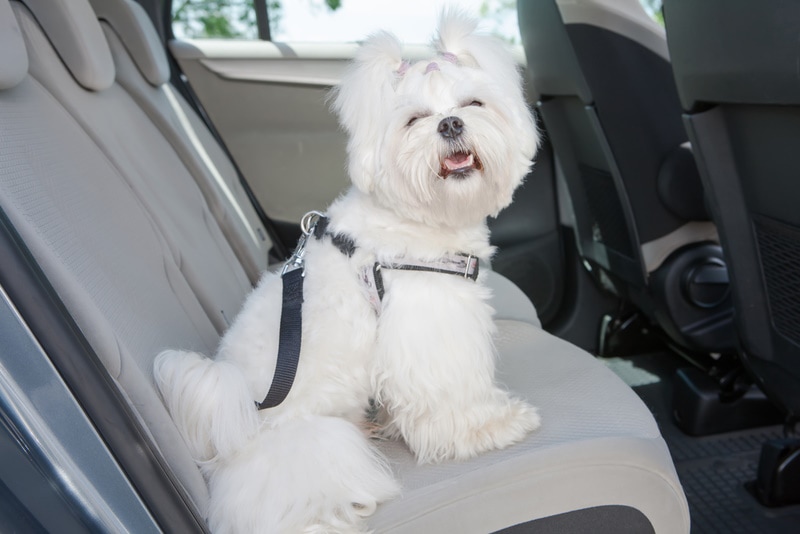
While most dogs look forward to riding in the car, some get sick when they do, to the point of drooling and vomiting. However, motion sickness isn’t the only reason dogs drool in the car. Excessive drooling is called ptyalism, and there are a few reasons that it could be happening.
If you’re concerned about your dog drooling in the car and think something might be wrong, you should take them to the vet. However, we will give you a few of the most common reasons for dogs drooling in the car in the article below.


The 5 Reasons That Dogs Drool In The Car
1. Motion Sickness
If your dog is whining, vomiting, licking their lips, and drooling excessively, they may have motion or car sickness. Regardless of age or breed, any canine can suffer from motion sickness when in the car, although it is more common in puppies as their inner ears are not fully developed. The inner ear is involved in balance and any disturbances can lead to the nausea seen in motion sickness.
There are medications that your vet can give your pet for motion sickness. Taking your dog on frequent, shorter trips can help them get used to riding in the car.
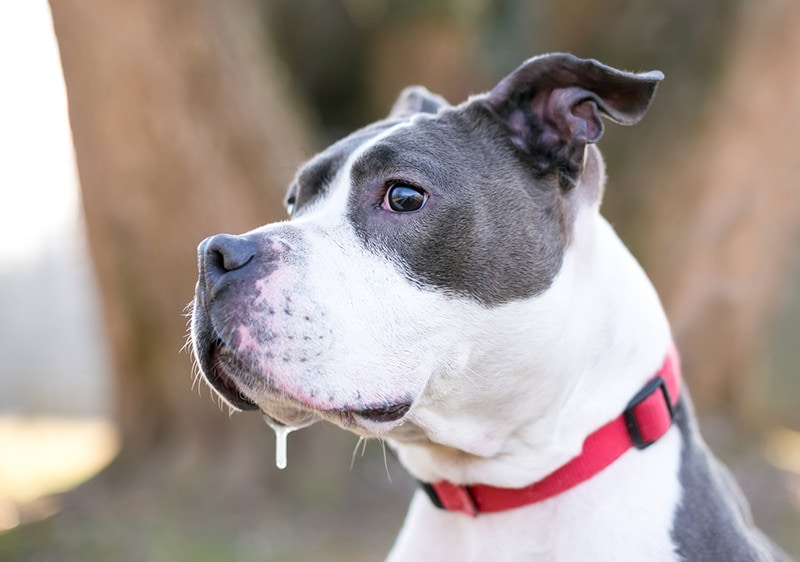

2. Excitement/Anxiety
It is also possible that your dog is simply excited to ride with you in the car. They could also be suffering from anxiety because of negative associations with car rides like always being taken to the vet or a bad experience in the car. They could also be anxious from lack of exposure, making a car ride a new and scary experience.
Intense emotions can cause your dog to drool excessively. For example, if your dog is afraid of riding in a car, it can cause anxiety and excessive drooling.
If your dog is overly excited or anxious during car rides we recommend some training using desensitization and counter-conditioning techniques. Desensitization refers to exposing your dog to the car at a level that does not trigger a response. For some dogs, this might mean just being around the car without going inside.
As your dog becomes more relaxed, you can gradually increase their exposure by letting them in the car, turning the car on, and going for short rides however, this process should take weeks and is not done all at once. Counter-conditioning involves creating new positive associations with something that was once scary. For example, rewarding your dog with treats while they are being desensitized.
Calming products like supplements or pheromone collars can help ease minor anxiety, however, if your dog seems more severely anxious during car rides please speak to your vet about medication options. The stress of car rides can also trigger signs of motion sickness and vomiting.
3. Heat Stroke
If it’s a bit too hot for them it’s possible that your dog has heat stress or even heatstroke. Remember, your dog wears a fur coat all year, and they can’t sweat like you do. Just because it’s cold or comfortable to you doesn’t mean it is to your furry friend. Never leave your dog unattended in the car, as the temperature can increase by more than 10 degrees in 10 minutes, putting them at risk even if you’re just doing a quick shop.
If your dog is drooling excessively and seems overheated, get them to a cooler location immediately and contact your vet. If they have other worrying signs like heavy breathing, weakness, collapse, vomiting, or diarrhea, head to the emergency clinic right away.
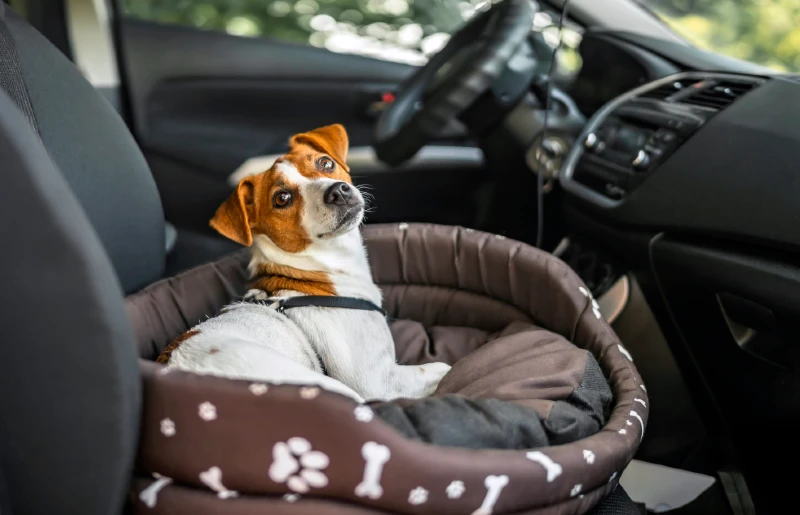

4. Other Possible Causes
Although it’s unpleasant, drooling is a normal bodily function. However, excessive drooling can indicate dental disease or other oral problems. If that is the case with your pup, you’ll notice them having problems eating and drooling even if they aren’t in the car.
Dental disease is extremely painful, and rotten teeth need to be extracted before they cause even more problems. Injuries, tumors, and foreign objects in the mouth can also cause excessive drooling.
You must ensure your dog hasn’t contracted rabies if they’re drooling excessively. There are also some toxins and underlying diseases that can cause your dog to drool excessively in and out of the car. Abdominal pain or gastrointestinal disease can cause drooling. You should contact your vet for a full examination if you think your dog is drooling due to an issue with their teeth, mouth, or other underlying problem.


How to Prevent Motion Sickness in Your Dog
Now that you know the most common reasons that your dog is drooling excessively in your car, we’ll give you a few tips on how to prevent motion sickness in your dog. Since this is more common in puppies than adult dogs, it’s possible that your puppy will outgrow it.
- Roll the windows down to let in fresh air.
- Keep the car cool by running the air conditioner.
- Limit how much food you give your dog a few hours before a trip.
- Talk to your vet about medications that prevent motion sickness.
- About 20 minutes before you leave, take your dog for a walk to relieve the stress that causes anxiety and possible motion sickness.
If these tips don’t work for you and your canine pal, it’s best to take the dog to your vet to see if there’s an underlying cause for the motion sickness. Your vet can treat any underlying issues the dog might have that cause motion sickness when riding.
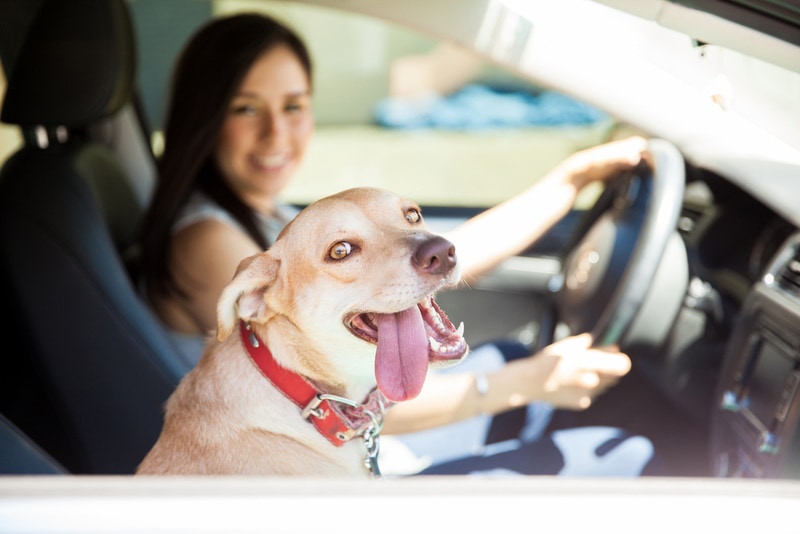



Conclusion
There are a few reasons your dog drools excessively in the car. Whether it’s because the dog has motion sickness or is just excited to be in the car going for a ride, you need to be sure that the drooling is nothing serious.
When your dog is drooling excessively, you must check for every possible reason to ensure they’re healthy. Maintaining regular vet appointments to ensure they’re not injured or ill and gradually getting your dog accustomed to riding in a car will help.
Your vet can prescribe medications if the drooling is related to motion sickness, and they can provide advice and medicine if the issue is related to anxiety.
Featured Image Credit: Monika Wisniewska, Shutterstock
